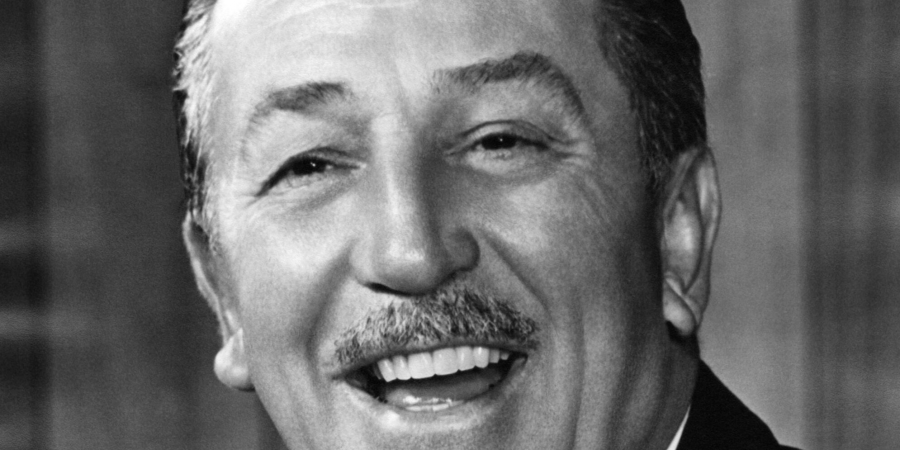

Walt Disney, born Walter Elias Disney on December 5, 1901, in Chicago, Illinois, is one of the most influential figures in entertainment history. Known for his boundless imagination and pioneering spirit, Disney transformed the entertainment industry with his innovative storytelling, iconic characters, and groundbreaking ventures in animation and theme parks.
Disney grew up in a modest family, the fourth of five children. His early years were marked by frequent moves and financial struggles, but he exhibited a keen interest in art from a young age. He honed his drawing skills by copying cartoons from newspapers and eventually took art classes.
After serving as an ambulance driver during World War I, Disney returned to Kansas City, where he pursued a career in commercial art. It was here that he discovered his passion for animation, which would become the cornerstone of his legacy.
In 1923, Walt Disney and his brother Roy co-founded the Disney Brothers Cartoon Studio, which later became The Walt Disney Company. Their first major success came with the creation of Oswald the Lucky Rabbit, but a dispute with their distributor led to the loss of rights to the character. This setback motivated Walt to create a new character, one that would become an enduring global icon—Mickey Mouse.
Mickey Mouse made his debut in the 1928 animated short film Steamboat Willie, one of the first cartoons to feature synchronized sound. The character's instant popularity catapulted Disney to fame, and his company began producing a series of successful animated shorts.
Walt Disney’s drive to push the boundaries of animation led to the creation of the first-ever feature-length animated film, Snow White and the Seven Dwarfs, in 1937. Despite skepticism from critics who dubbed it “Disney’s Folly,” the film was a massive success, earning over $8 million during the Great Depression and setting the standard for animated storytelling.
Over the years, Disney produced numerous classics, including Pinocchio (1940), Fantasia (1940), Dumbo (1941), and Bambi (1942). His films combined cutting-edge technology with heartfelt stories, captivating audiences of all ages.
Walt Disney’s vision extended beyond animation. In 1955, he opened Disneyland in Anaheim, California—a theme park unlike any other. Disneyland brought Disney’s characters and stories to life, offering visitors an immersive experience. The park’s success inspired the creation of Walt Disney World, which opened in Orlando, Florida, in 1971, five years after Disney’s death.
Disney also ventured into television, producing popular shows like The Mickey Mouse Club and pioneering family-friendly programming.
Walt Disney passed away on December 15, 1966, leaving behind a legacy of creativity and innovation. His work has inspired countless artists and storytellers, and his company remains a global leader in entertainment.
Today, The Walt Disney Company encompasses film studios, theme parks, television networks, and streaming platforms, embodying Walt’s philosophy: “If you can dream it, you can do it.”
Walt Disney’s life is a testament to the power of imagination and perseverance. From humble beginnings to building a multimedia empire, he taught the world to dream big and believe in the magic of storytelling.
